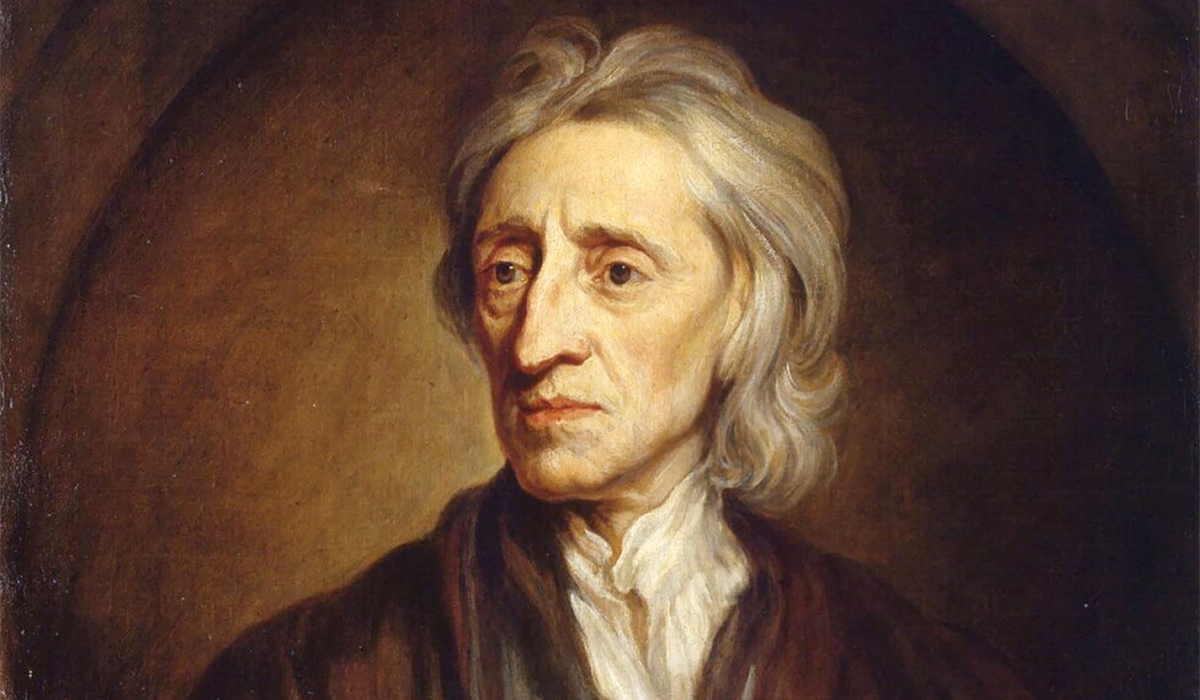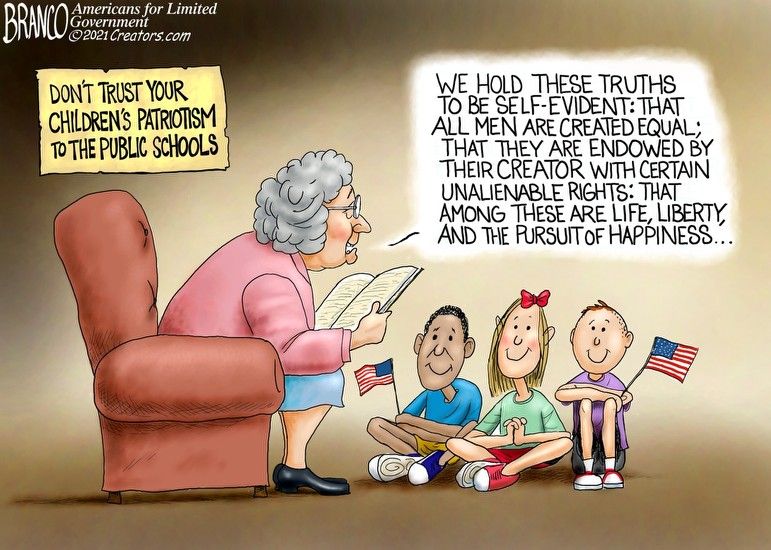"...It is a good bet he ( Lord Camden before Parliament) made use of Locke’s ability to employ a grammar of natural rights grounded in biblical revelation. Unlike Thomas Hobbes, for example, Locke’s “state of nature” was framed by a moral order whose origin was the Divine will...
'The state of Nature has a law of Nature to govern it, which obliges everyone, and reason, which is that law, teaches all mankind who will but consult it, that being all equal and independent, no one ought to harm another in his life, health, liberty or possessions; for men being all the workmanship of one omnipotent and infinitely wise Maker; all the servants of one sovereign Master, sent into the world by His order and about His business; they are His property…'
But American readers in the 18th century would have recognized lines from Paul’s letter to the Ephesians, describing men and women as the handiwork of God: “For we are his workmanship, created in Christ Jesus unto good works, which God hath before ordained that we should walk in them.” Locke based his entire approach to politics on an anthropology — a view of human nature — that drew its authority from the Bible, a book that most colonial Americans revered...
The American revolutionaries found in this English theorist a political-theological ally. Governments preserve their legitimacy only by fulfilling the purpose for which they were instituted: the protection of our God-given rights and freedoms...
Those principles — for which Locke became a fugitive and risked his life — included government by consent, the separation of powers, equal justice, and religious freedom. This English philosopher thus had a hand in two of the greatest political revolutions for human freedom in world history. That’s a legacy worth recalling this July 4."

 www.nationalreview.com
www.nationalreview.com
'The state of Nature has a law of Nature to govern it, which obliges everyone, and reason, which is that law, teaches all mankind who will but consult it, that being all equal and independent, no one ought to harm another in his life, health, liberty or possessions; for men being all the workmanship of one omnipotent and infinitely wise Maker; all the servants of one sovereign Master, sent into the world by His order and about His business; they are His property…'
But American readers in the 18th century would have recognized lines from Paul’s letter to the Ephesians, describing men and women as the handiwork of God: “For we are his workmanship, created in Christ Jesus unto good works, which God hath before ordained that we should walk in them.” Locke based his entire approach to politics on an anthropology — a view of human nature — that drew its authority from the Bible, a book that most colonial Americans revered...
The American revolutionaries found in this English theorist a political-theological ally. Governments preserve their legitimacy only by fulfilling the purpose for which they were instituted: the protection of our God-given rights and freedoms...
Those principles — for which Locke became a fugitive and risked his life — included government by consent, the separation of powers, equal justice, and religious freedom. This English philosopher thus had a hand in two of the greatest political revolutions for human freedom in world history. That’s a legacy worth recalling this July 4."

1776: A Lockean Revolution | National Review
This English philosopher had a hand in two of the greatest political revolutions for human freedom in world history. That’s a legacy worth recalling this July 4.


